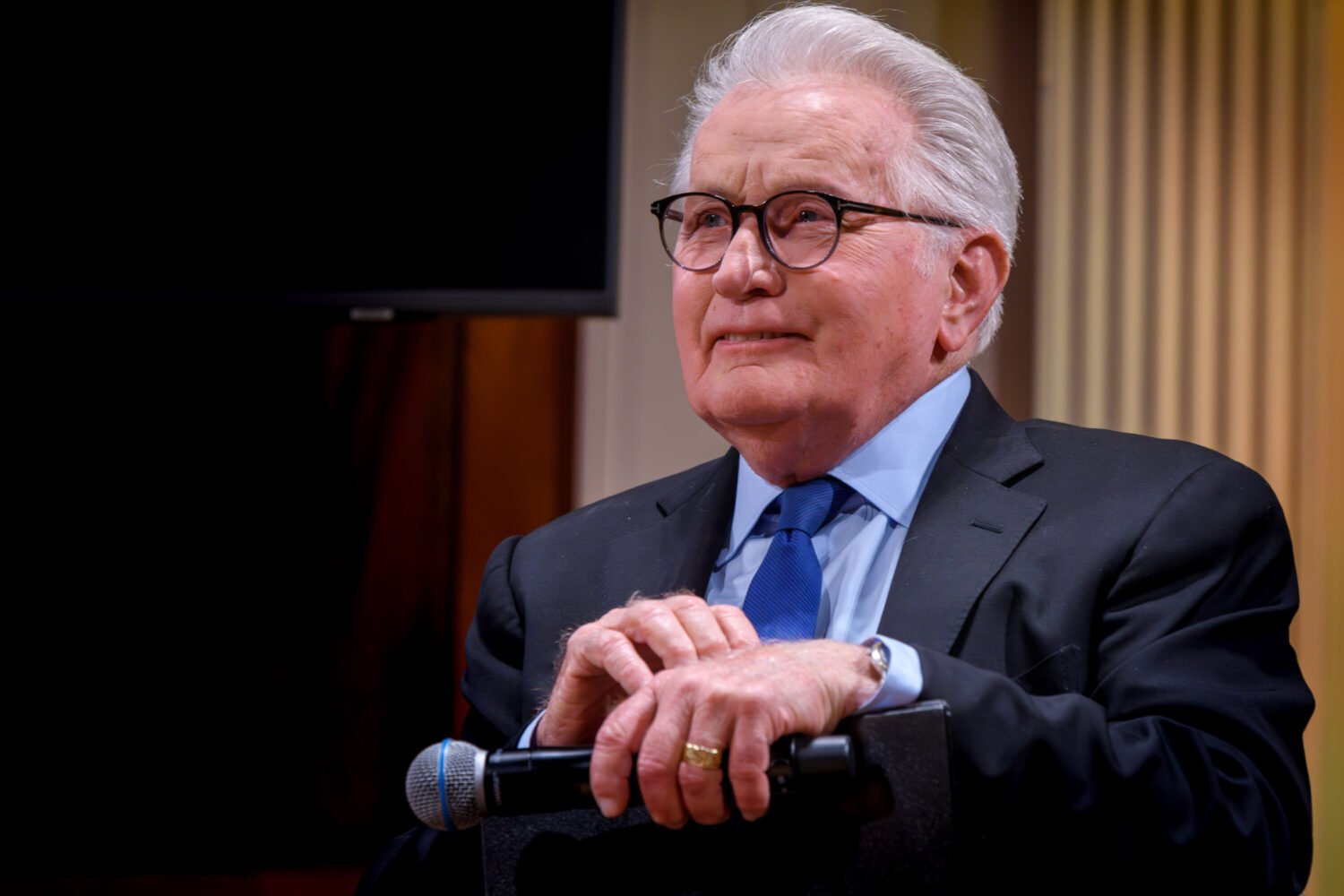What a difference two years, a couple hundred drone strikes, and killing Osama bin Laden make. With the news that a CIA-led operation ended the life of the world’s most wanted man, the long-embattled agency may have politically rehabilitated itself after years of controversy that once seemed likely to sink it.
Just a few years ago, the CIA was pilloried for not informing Congress that it had once considered setting up a clandestine team to hunt down and kill terrorist leaders. Last night, CIA Director Leon Panetta personally directed a joint intelligence-and-military strike that did just that. Two helicopters full of Navy special-operations forces and intelligence operatives stormed bin Laden’s compound in Pakistan and, according to various accounts, killed anywhere from four to 22 people. This time, no one on the Hill is complaining.
The nearly flawless operation was pulled off thanks to the diligent, painstaking grunt work of CIA operatives and analysts, who, according to senior administration officials, ran to ground a promising lead—the operational nickname of bin Laden’s most trusted personal courier—that started with the interrogation of suspected terrorist detainees.
And who was doing those interrogations? Administration officials weren’t clear on that point in their early-morning briefing Monday. But, as Ben Wittes points out at Lawfare, “it appears from the time-frame here that both the identification of the courier’s nom de guerre and his real identity took place during the Bush administration, that is, during the period in which high-value interrogations were conducted using permissive guidance.”
The courier, officials said, was a trusted associate of two high-level Al Qaeda officials, Khalid Sheikh Mohammed and Abu Faraj al-Libbi. They were both in CIA custody overseas before being transferred to Guantanamo Bay, Cuba. In light of their connection to the man who led the CIA to bin Laden, Wittes points out what’s going to be a particularly important question for members of Congress and both sides in the detainee debate:
“ . . . [O]ne has to at least wonder what role the coercive interrogations of those two figures [Mohammed and al-Libbi] may have played in developing that information [about the courier’s identity]. This point could play either way, of course. If coercion played no role, that fact will be taken as proof that the biggest counterterrorism coups do not rely on brutality, but on patient and clever intelligence work over time. Conversely, if it turns out that the coercive interrogations conducted by the CIA developed key tiles in this mosaic, it could raise anew the question of where the legal and policy lines for such interrogations should lie.”
It turns out it doesn’t look bad for the CIA. If coercion played no role, the agency will still get credit for developing the information that allowed the United States to kill bin Laden. And if the CIA did beat the courier’s name out of Mohammed and/or al-Libbi, who in Washington will mount a truly vociferous protest? This is the stark reality of politics that attends rare intelligence successes. Besides, the agency has already withstood the political onslaught over its days as a torturer-jailer. We’re into ends-justify-the-means territory now. If bin Laden’s whereabouts are ultimately tied to the CIA’s interrogations, it’s the closest real-world example we’ve seen to the “ticking time bomb” fantasy sometimes used to justify torture.
These are bloody and glorious days for the CIA. No one in the White House knows that better than John Brennan, President Obama’s counterterrorism adviser and a former senior CIA officer, who was also Obama’s pick to head the agency in 2009. His nomination was derailed because of Brennan’s own proximity to the Bush-era CIA’s interrogation program. Brennan was beaten down then. Today, as he briefed reporters at the White House on the bin Laden operation, he looked about ten feet tall. He seemed to be fighting the urge to break out in jubilation.
“I’ve been following this guy for 15 years,” he said, referring to his involvement in the pre-9/11 hunt for bin Laden. “I’ve been after him.” Brennan is a proxy for every employee of the CIA, particularly those who’ve spent their lives since 9/11 working toward this day. Whatever sins the agency has committed (and they’ve been numerous) they seem to be washed away as all of official Washington hails the CIA’s heroes and those in the military’s elite forces who stormed bin Laden’s compound and fired the shots that killed him.
Panetta, whom Obama has nominated as the next Secretary of Defense, is going out on a high note, and his replacement, General David Petraeus, will inherit an agency that, for the first time in years, is being celebrated for its success instead of reviled for its failings. Who knows how long the good will will last. But for now, the CIA has got its groove back.
Subscribe to Washingtonian
Follow Washingtonian on Twitter
More>> Capital Comment Blog | News & Politics | Party Photos

















